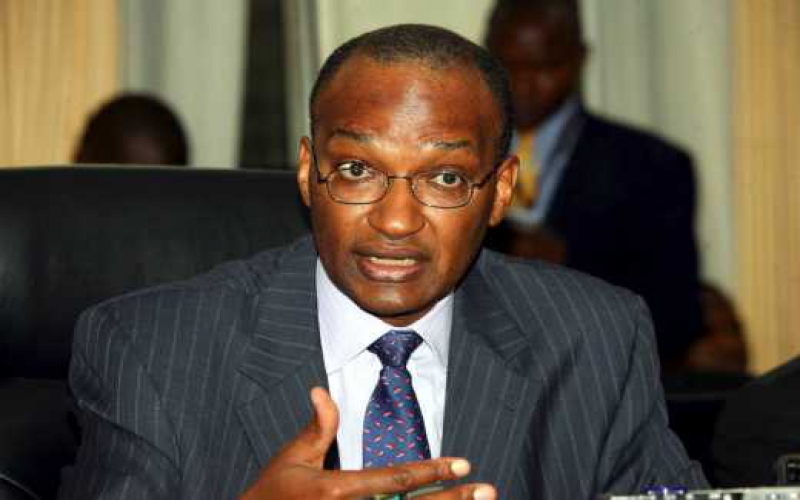×
The Standard e-Paper
Join Thousands Daily

NAIROBI, KENYA: President Uhuru Kenyatta has reappointed Patrick Njoroge as CBK Governor for another four-year term.
The governor, whose tenure was to end on June 19 this year, was appointed to the position in 2015 succeeding Prof Njuguna Ndung'u. He will serve until the year 2023. The President exercised powers conferred to him by section 13 (2) of the Central Bank of Kenya Act to re appoint Dr Njoroge and his deputy Sheila M’Mbijjewe.